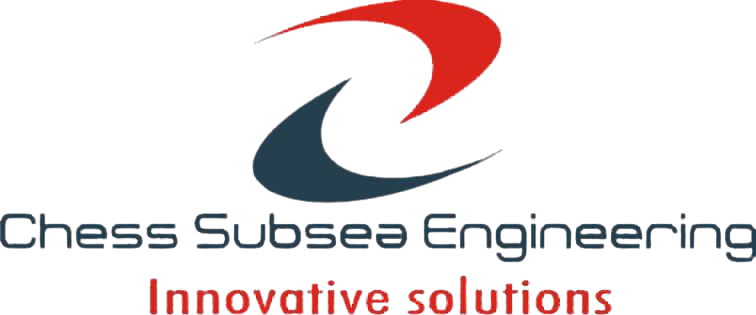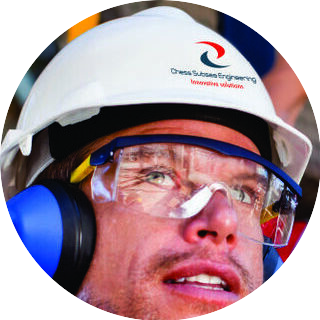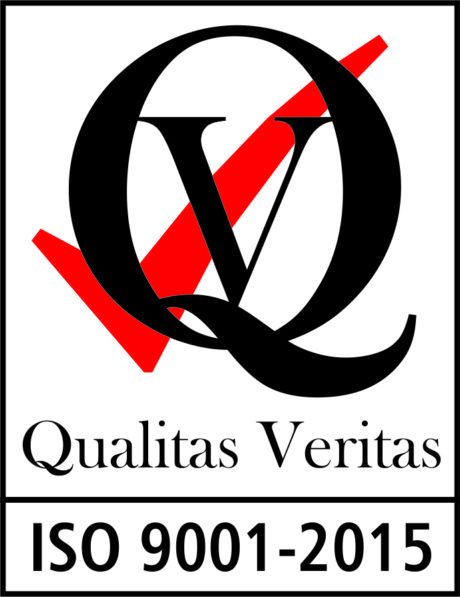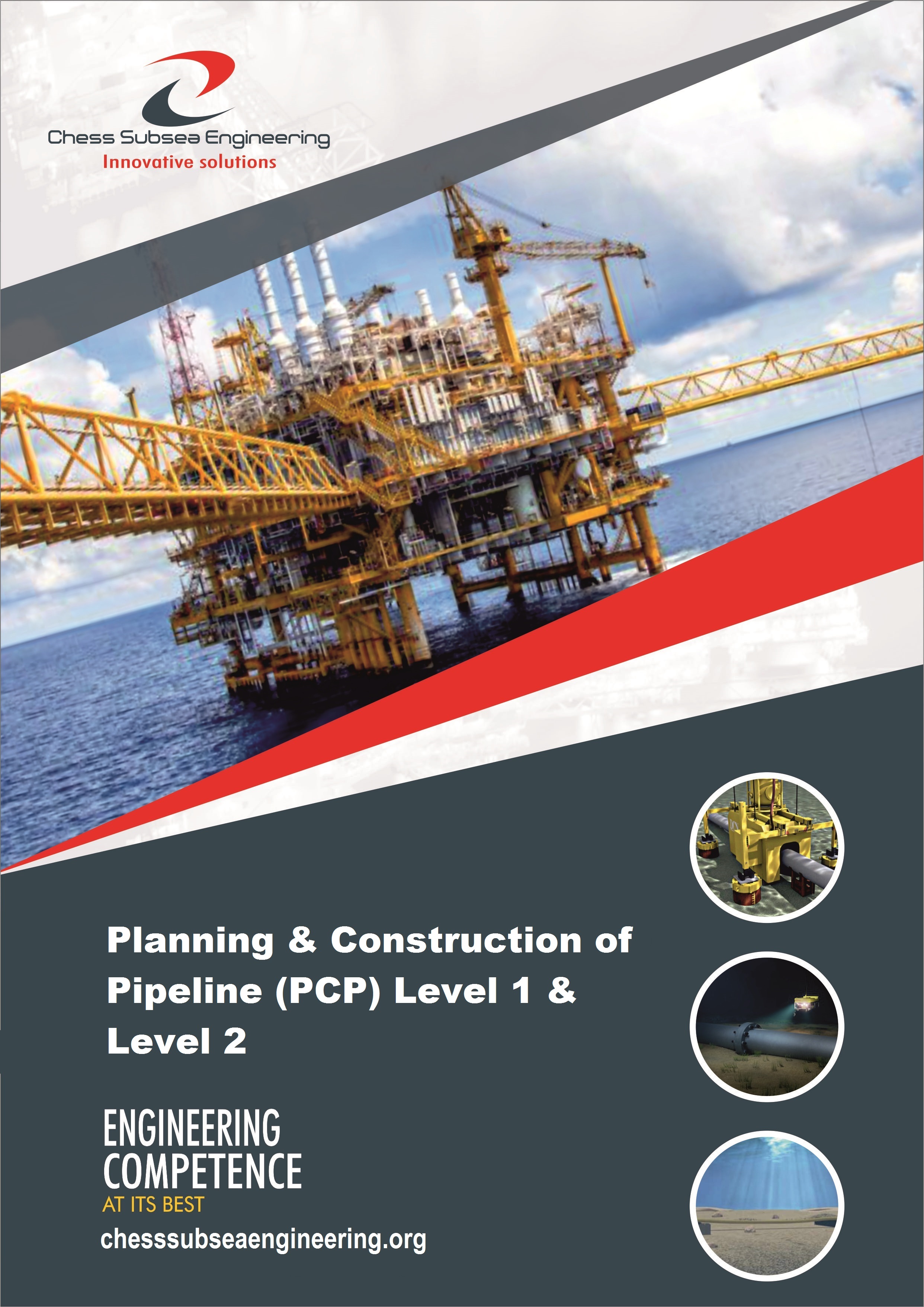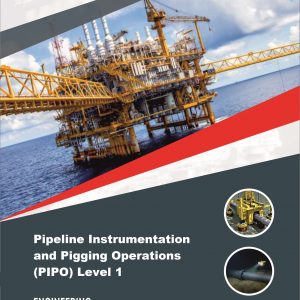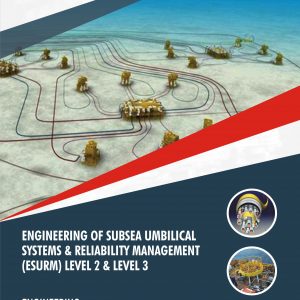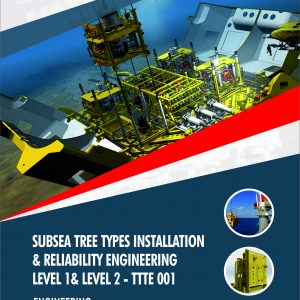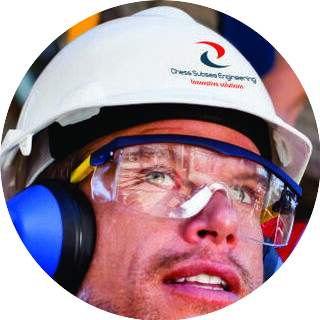Description
Planning and construction of pipelines is a complex process that involves a range of technical and regulatory considerations. Pipelines are used to transport oil, gas, and other fluids over long distances, and the planning and construction of pipelines must be done carefully to ensure safety and efficiency.
The planning process for a pipeline project typically involves a range of activities, including route selection, permitting, engineering design, material selection, construction planning, construction, testing and commissioning.
Planning and construction of pipelines is a complex process that requires careful consideration of a range of technical and regulatory factors. By following best practices and working closely with regulatory agencies and stakeholders, pipeline projects can be designed and constructed safely and efficiently.
Planning & Construction of Pipeline (PCP) Level 1 & Level 2 covers Procedures involved in Planning and Construction of New Pipelines, Measures to allow Pipeline Expansion, Bending of Pipes, Connecting of Pipes, Flanges (Joints), Other Mechanical Joints, Welding, Boring and Tunneling to Install Pipe including Trenchless Technology, Horizontal Earth Boring, Horizontal Auger Boring, Microtunneling, Horizontal Directional Drilling (HOD), Pipe Jacking, Tunneling, Comments on Trenchless Construction, Pipeline Construction in Marsh and Swamp, Offshore Construction, Cold Region Construction, Freezing, Temperature Variation, Environmental Concerns and more.
Outline
Procedures involved in Planning and Construction of New Pipelines
Measures to allow Pipeline Expansion
Bending of Pipes
Connecting of Pipes
Flanges (Joints)
Other Mechanical Joints
Welding, Boring and Tunneling to Install Pipe –
Trenchless Technology
Horizontal Earth Boring
Horizontal Auger Boring
Microtunneling
Horizontal Directional Drilling (HOD)
Pipe Jacking
Tunneling, Comments on Trenchless Construction
Pipeline Construction in Marsh and Swamp
Offshore Construction
Cold Region Construction
Freezing
Temperature Variation
Environmental Concerns
Other Consideration
Assessment
Participant underpinning knowledge of planning & construction of pipeline will be accessed with short answer multiple-choice questionnaire at the end of the course.
Outcome
Participants will gain an in debt understanding of planning & construction of pipeline. They will also be able to function with minimum supervision as a pipeline engineer or asset integrity engineer for IOCs, subsea pipeline company contractor, vendor or installation company.
Professional Certificate
Issued directly by Chess Subsea Engineering Europe.
Participant may be presented for Offshore Petroleum Training Organization (OPITO) Certification.
How to Register Manually
Click here to download registeration booklet on msword and email completed booklet to info@chesssubseaengineering.org directly.
